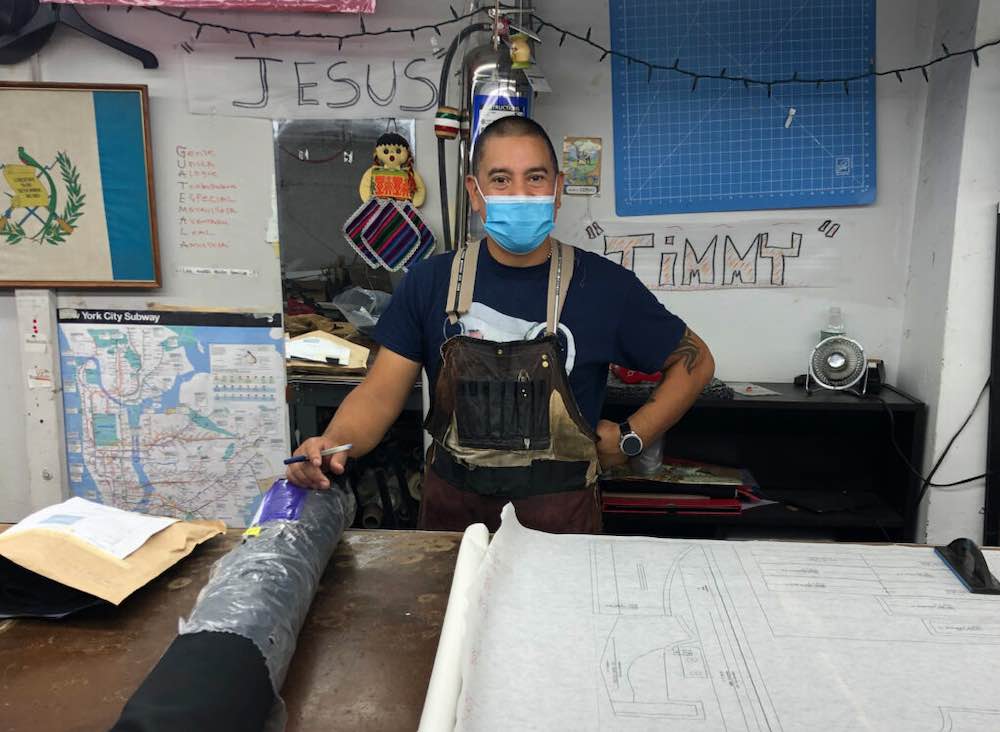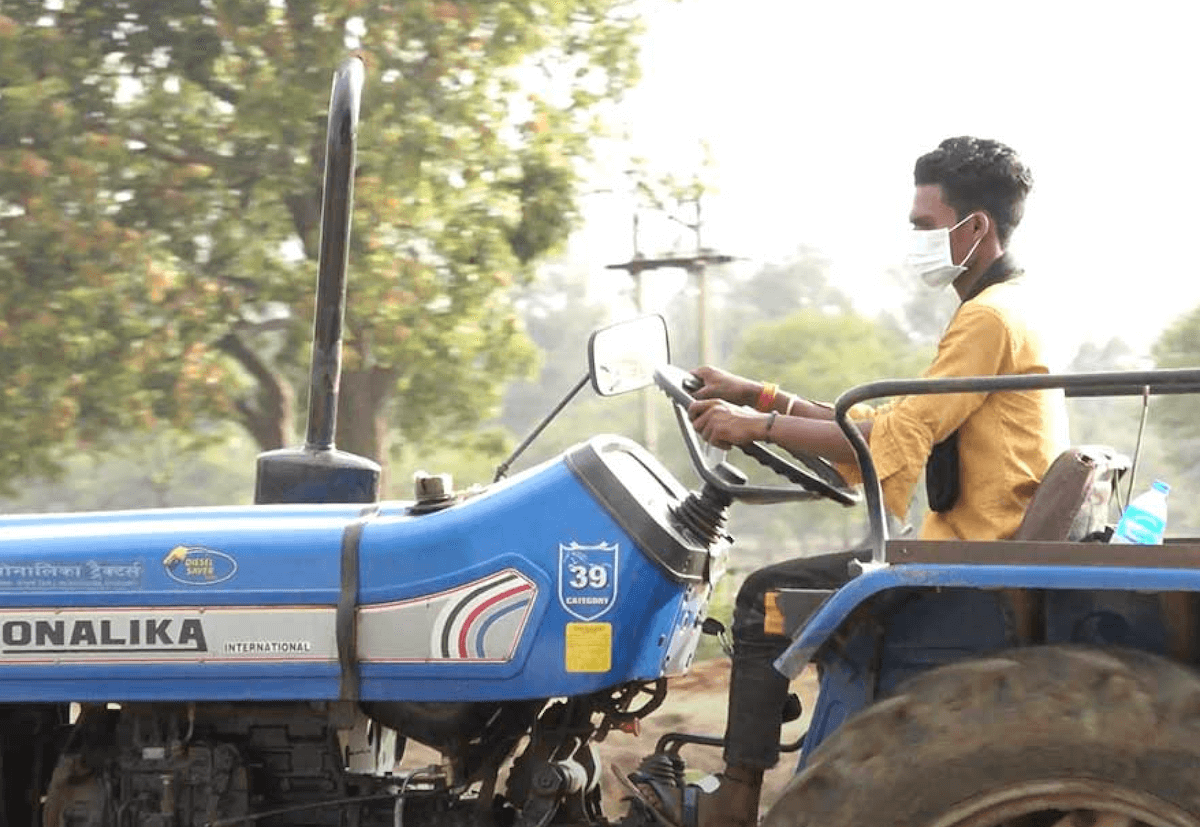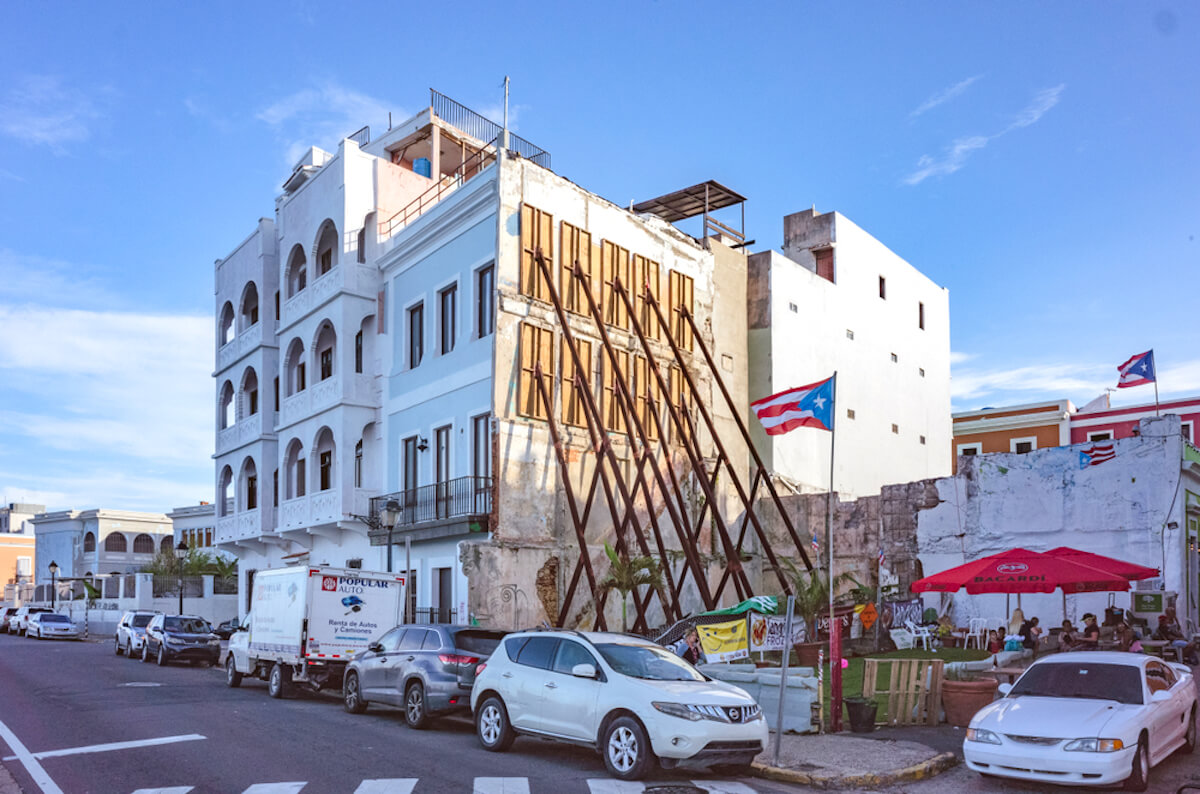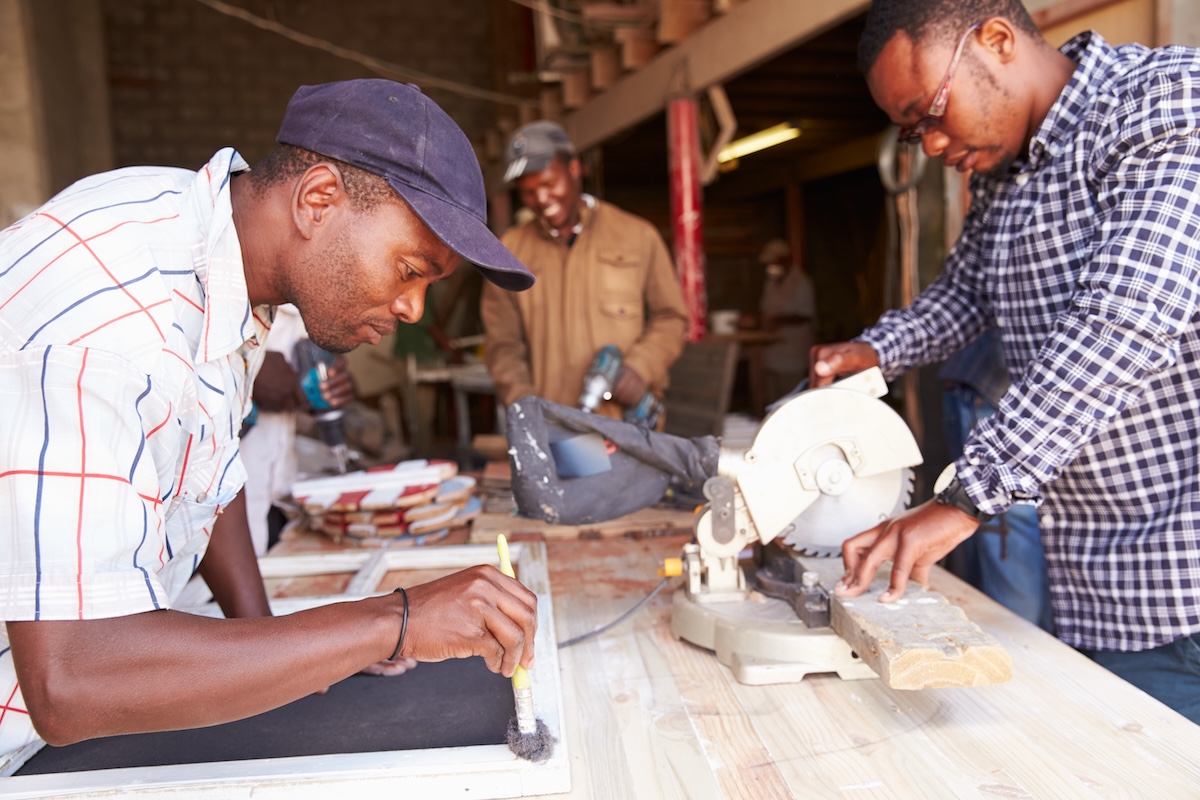After 25 years using my creativity to solve problems in the fashion industry, I had developed a reputation for turnarounds – in the midst of a problem, clearly seeing a solution; finding a reinvigorated path for a stale, languishing brand.
I had also seen the dark underbelly of the sector – the human harm of employment that was essentially enslavement in dangerous conditions; the environmental damage caused by production methods; and the tremendous waste that was only increasing with the rise in ‘fast fashion’.
This led to much soul-searching, culminating in a wilderness camping trip where I contemplated the joy of backpacking attire – by necessity highly functional, comfortable and minimal. I decided to align my work with my values, launching Paskho – the Greek root of ‘passion’ – to make quality garments to live and travel in, and producing them with reclaimed fabrics in certified ethical and sustainable factories.
My ultimate goal was to be able to tell the stories of Makers around the world that produce our garments, bringing a face and story to the Makers rendered invisible by our outsourcing practices.
This path reached another breaking point with the multifaceted impact of the Covid-19 pandemic, followed by the murder of George Floyd. Faced directly with the impracticalities of our outsourced production in Laos and China, the utter lack of a health and social safety net for everyone, including our most ‘essential’ workers, and the continued racial injustice, one cannot ignore the fact that our current institutions and systems do not support community and universal human dignity.
As a successful Black man in the predominantly white fashion design field, I felt this deeply on a personal, as well as professional, level. I realised for years I felt betwixt and between – for example, I felt like an outlier at mainstream events, yet was not even invited to Black design events. I recognised my – and everyone’s – need for a supportive community, a true sense of belonging.
Community-Made
This recognition compelled me to bring Paskho even deeper into alignment with my values and this core, universal human need. Paskho Community-Made launched in July 2020 to bring manufacturing back into the United States, hire talented and skilled unemployed Makers, and create a production process that not only committed to fair treatment of Makers and protection of the environment, but did indeed create a sense of community and belonging for all participants.
Paskho Community-Made aims to build a community of people who make things together with an intention of care and belonging, and with a regenerative, rather than extractive, production process. Such a process recognises the dignity of all participants, from the Maker to the support service providers and the customer; uses resources wisely and minimises environmental harm; and is profitable for all participants, supporting wealth-building opportunities for the Makers and their communities, not just the capital providers.
For Paskho Community-Made, this means we begin with recognising our Maker communities’ assets, skills and talents, and focus on connecting those communities with resources to establish markets interested in what we create together. Using an app, we work directly with Makers to manage production, eliminating the cost of traditional factories and middle management and the dehumanising hierarchies of command and control.
Paskho’s first Community-Made ‘pod’ is in New York City, where we partnered with the Skilled Laborers Brigade to work with over 45 experienced garment workers – from Broadway costumers and designer studio seamstresses to skilled factory workers – who were unemployed or underemployed as a result of the pandemic. A shut-down costume shop and a sample room in a closed factory were repurposed to provide safe environments for the Makers to work together, while remaining socially distanced. Since December, we have produced over 2,500 garments with an 83% sell through and more currently on the way.
Our second Community-Made pod has just launched in Gee’s Bend, Alabama, a small Black community in rural Alabama renowned for its quilt masterpieces. This remote community has seen no new job creation in the past 50 years, but is home to a generation of skilled Makers that previously worked in offshored factories. Here, we have upfitted a local facility and brought internet service to create a workspace that initially employs 16 Makers and five support staff, with anticipated growth to 40+ Makers over the next year.
With each iteration, we are learning how to adjust to the particular context and goals of the local community: recognising their assets; identifying the resources needed to activate their significant, but underutilised, skills; and linking them to markets that are demanding products with connection to real people and places.
Investing for systems change
The Paskho Community-Made model directly addresses the interests of impact investors in compelling innovation that enables both financial return and measurable impact. Community-Made is driven by innovation familiar to any tech investor: we use technology to enable a distributed and more capital-efficient production process than the old (and, in my opinion, irretrievably broken) factory model. Yet, unlike most technological innovation, ours is people-centric, connecting designers, Makers and market, rather than striving to replace workers.
The result is greater market responsiveness, as well as positive social and environmental impact. Domestic distributed production allows Paskho to meet the increasing market demand for transparency, traceability and meaningful brands that create connection between the Maker and the customers. Our process provides measurable impacts of interest to impact investors: quality job creation for the underserved (from urban to rural contexts); wealth building for women and people of colour; and reduction of waste and environmental harm in garment production.
2020 was a year of reckoning, with many impact investors realising that tweaking our system didn’t cut it. By recreating the garment production model to centre Makers and community wealth-building in a profitable enterprise, Paskho is addressing the deep need and growing demand for real systems change. While not all of Paskho’s pre-Covid investors have joined us in this model shift, we have welcomed investment from individual investors in the Gratitude Railroad network, as well as the Souls Grown Deep Foundation and others, all of whom are committed to our regenerative model.
My audacious goal is simply another turnaround: to help inspire a new, regenerative path forward for the broken and faltering American economy. Paskho Community-Made believes we can create production in which people bring more soul and care, and customers and Makers can make true connections with each other. My deepest hope is that this regenerative model will be replicated, with many products and in many communities. May it be so.
Patrick Robinson is Founder & CEO of Paskho. This essay was originally published in Volume 2 of Creativity, Culture, Capital curated by Nesta’s Arts & Culture Finance, Fundación Compromiso and Upstart Co-Lab.











